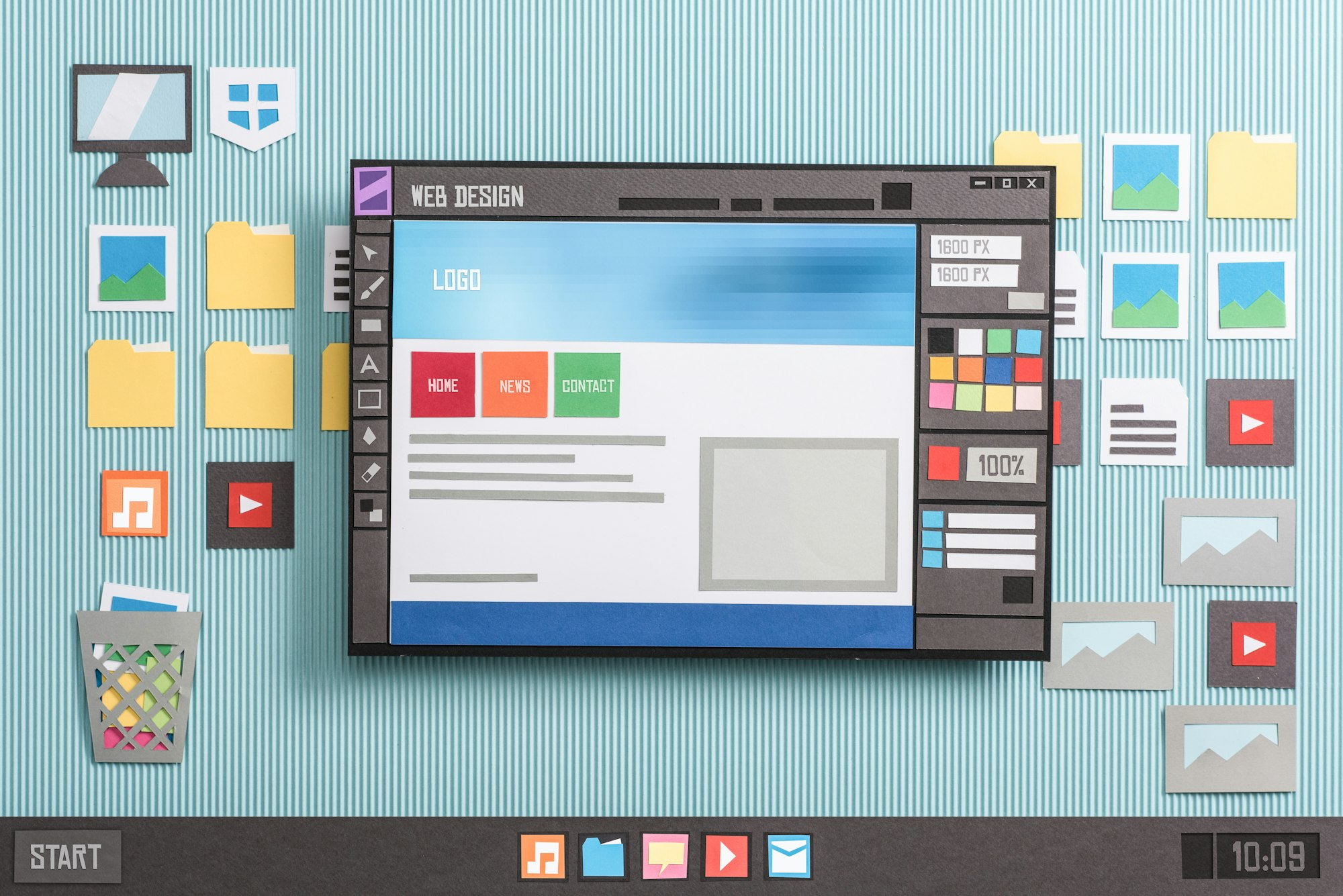Windows Licensing Terms
Rethinking Software Licensing
Microsoft’s AI chief, Mustafa Suleyman, recently made some bold comments suggesting that anything found on the internet should be considered “freeware.” This idea challenges the traditional way we think about software licensing, especially for Microsoft products like Windows and Office, which you can find online but come with strict rules about how they can be used.

How This Affects Microsoft’s Products
Microsoft has always emphasized the protection of its intellectual property. This means even though you can download Windows 11 from Microsoft’s website, the terms of use at the bottom of the page clearly limit how the software can be used. Suleyman’s idea of freeware contradicts these strict licensing protocols, creating a confusing paradox.
Copyright Law
Legal Implications of Online Content
The idea that anything online can be used for free doesn’t align with U.S. copyright law. According to the U.S. Copyright Office, copyright law protects all original works of authorship, no matter where they are published. Just because something is published online doesn’t mean it’s free to use without permission, which underscores the legal risks of using online content without proper authorization.
AI and Copyright Infringement
Applying Suleyman’s freeware theory broadly could have serious implications for how companies operate online, especially with the rise of AI technologies that use large amounts of web data. For instance, recent lawsuits, like The New York Times suing OpenAI and Microsoft, highlight the growing legal challenges in our digital age. Content scraping for AI training is becoming a contentious issue.
Explore the impact of Microsoft AI chief’s statement on web content as freeware, its effects on software licensing agreements, and the legal challenges in AI and copyright law.

Frequently Asked Questions (FAQs)
- What did Microsoft’s AI Chief, Mustafa Suleyman, say about online content?
- Mustafa Suleyman suggested that anything found on the internet should be considered “freeware.” This means he believes that all online content should be free to use, which challenges traditional views on software licensing and copyright protections.
- How does this idea conflict with Microsoft’s licensing terms for products like Windows and Office?
- Microsoft’s licensing terms are very strict and emphasize the protection of its intellectual property. Even though you can download Windows 11 from Microsoft’s website, the terms clearly limit how the software can be used. Suleyman’s notion of freeware contradicts these strict licensing rules, creating a confusing situation.
- What are the legal implications of considering online content as freeware under U.S. copyright law?
- U.S. copyright law protects all original works of authorship, regardless of where they are published. The idea that online content can be used freely without permission doesn’t align with these laws. This approach could lead to legal risks, especially with the rise of AI technologies that use large amounts of web data, as highlighted by recent lawsuits involving companies like The New York Times, OpenAI, and Microsoft.
Sources Forbes


